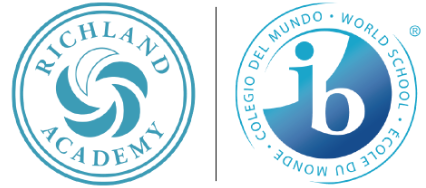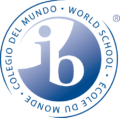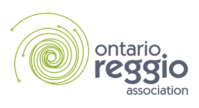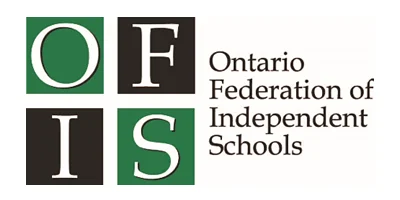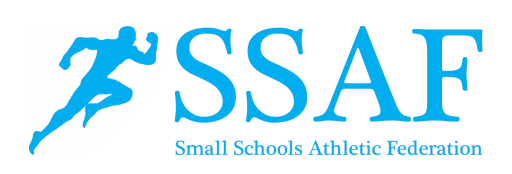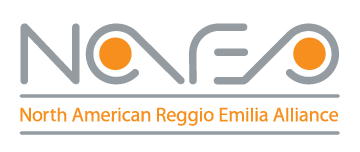 “Emergent Curriculum is sensible but not predictable. It requires of its practitioners trust in the power of play. Trust in spontaneous choice making among many possibilities.” – Elizabeth Jones and John Nimmo
“Emergent Curriculum is sensible but not predictable. It requires of its practitioners trust in the power of play. Trust in spontaneous choice making among many possibilities.” – Elizabeth Jones and John Nimmo
As a democratic musical educator, I am always asking questions of myself, other teachers, music professionals, and students, in an effort to create a more meaningful musical journey for us as a community. After an amazing 2012-2013 school year, last spring I wondered about our next steps along our creative musical path. Along with our use of piano, drums, vocals, and body percussion, I wondered if there was another instrument that could be used to nurture musical knowledge in a classroom setting that is fun, works well for collaboration, that’s inexpensive, very portable, and well-matched for any style of music. Through my research, the ukulele really stood out to me. I decided to poll students through blind votes and through that imperative process, we decided that the ukulele seemed like a great option for us! This fall, all students from Grade 3-6 have been given their very own ukulele (including a very hip little gig bag!). There has been a real buzz in the air surrounding these new instruments as students’ share their budding knowledge with parents, teachers and younger students in the hallways, at recess, and at home. The Head of School, Mrs. Oliveira marked that she’s “never seen students so excited about playing a musical instrument before!” This is the power of democratic pedagogy. If children are given a real say in the direction of their learning, their passion for the subject matter is astounding. Students were virtually begging to bring their ukuleles home to practice and show them off to friends and family when I handed them out.
This fall, all students from Grade 3-6 have been given their very own ukulele (including a very hip little gig bag!). There has been a real buzz in the air surrounding these new instruments as students’ share their budding knowledge with parents, teachers and younger students in the hallways, at recess, and at home. The Head of School, Mrs. Oliveira marked that she’s “never seen students so excited about playing a musical instrument before!” This is the power of democratic pedagogy. If children are given a real say in the direction of their learning, their passion for the subject matter is astounding. Students were virtually begging to bring their ukuleles home to practice and show them off to friends and family when I handed them out. 
I played students this YouTube video on the day I handed them their new “axe”;
I thought it was a great way to show them how the ukulele (such as music in general) can be used to bring positivity to the lives of others, and can make positive changes in the world, no matter how seemingly small. After watching the video, through some giggles and singing along with the song, one Grade 6 student said, “Oh I get it Ms. Pitt, we’re going to do that too right!?” It had not formally been my intention, but such is the nature of emergent curriculum (staying open and letting the students’ interest guide their learning). We have since had some discussion around where we can potentially do our own ukulele ‘flash mobs’ this school year, out in the community, to bring about happiness to others or shine light on various issues that are important to us. We’re pretty excited!
I see the emerging ukulele portion of the Performing Arts program as an example of how Reggio Inspired Learning and UNICEF Rights Based democratic pedagogy come together. The children are seen as capable of building their own knowledge and are given a say in their curriculum focus. All children are equal contributors, having their views and inquiries valued. Ultimately, music can help children in forming a better understanding of themselves as unique individuals, and of how they can make positive impacts on their world through their interactions with others as a global community. Music is a universal language and can really help us come together in empathy and understanding.
Who knows where this pint-sized instrument will lead us next? Will students write their own songs related to their investigations and interests? Will they work more collaboratively or independently? Will the transferable skills learned on the ukulele develop into an interest in other stringed instruments such as the guitar, the bass, or the violin? Will they become interested in its history and origin, where it’s made? Who makes it? Will they perform to fundraise for issues close to their hearts? If we stay malleable and open to the possibilities, they are truly endless for us. Therein lays the beauty of emergent, Reggio Inspired, Rights Based democratic pedagogy.
Thank you to Ms. Amy Pitt, Richland’s Performing Arts Teacher for today’s post.

